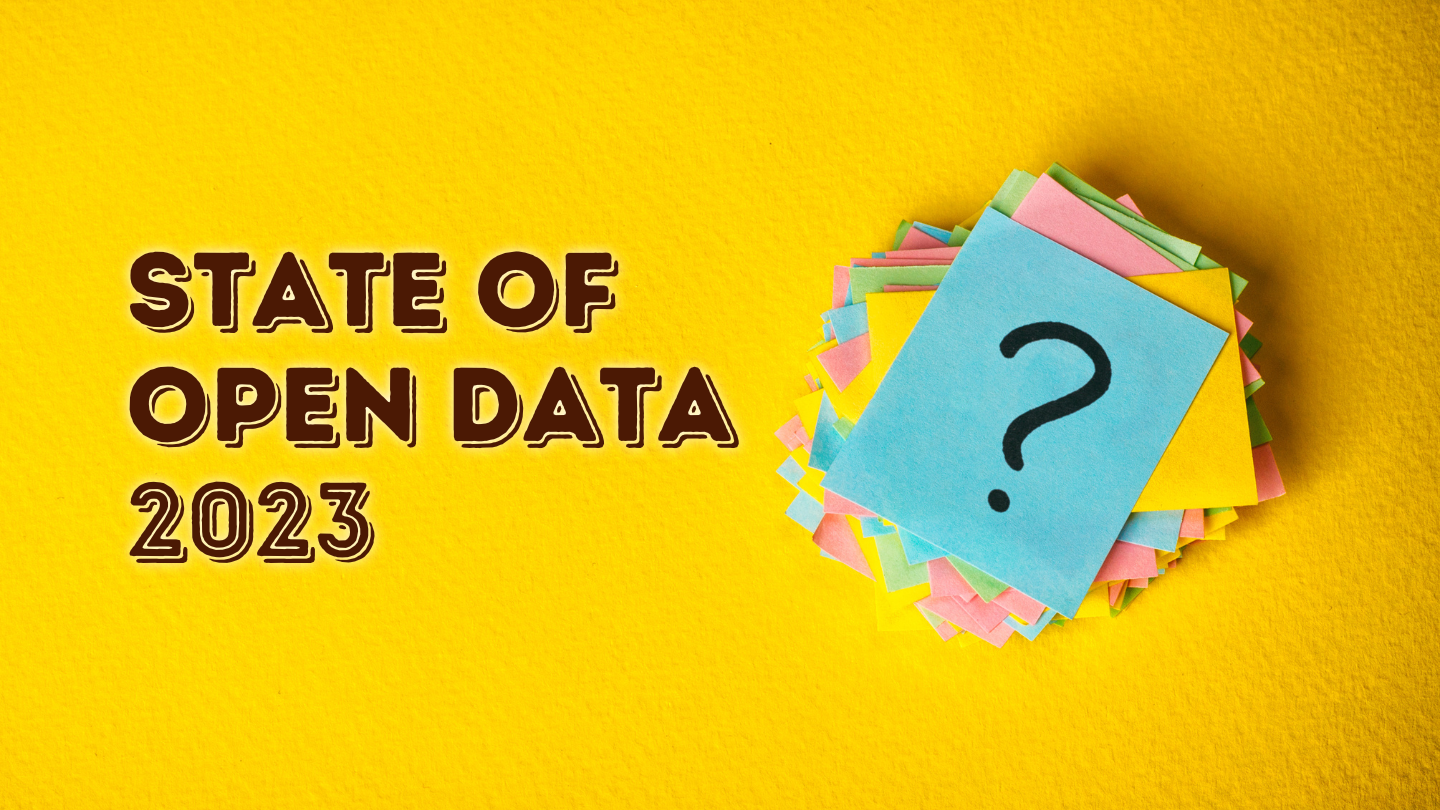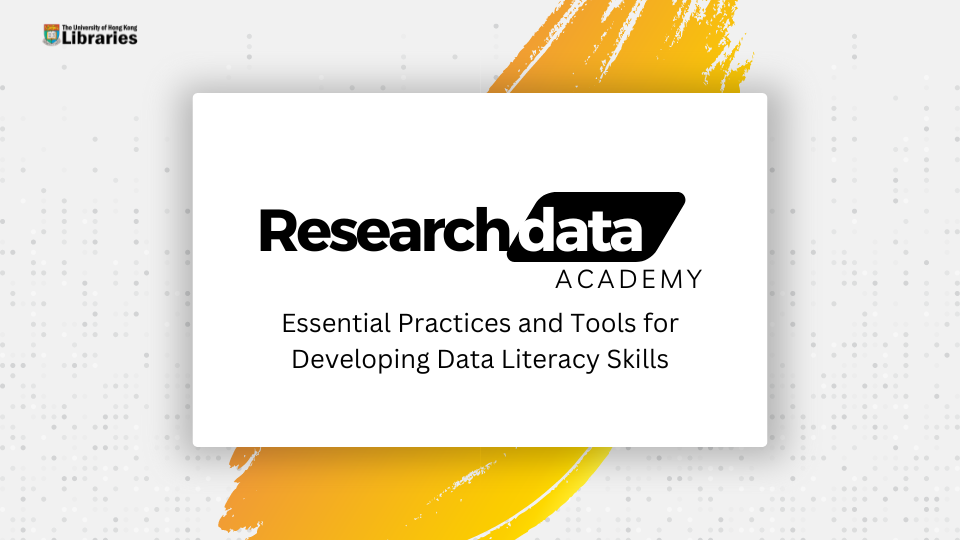
Open Access in Progress: An Overview of Participation of HKU Authors in Open Access Publishing
— by Fanny Liu
Open access, a key element of open science, has become an emerging trend in recent years. Noted that open science practices, which foster openness, transparency, and inclusiveness, are already in place worldwide, the UNESCO Recommendation on Open Science (2021) called for promotion of a common understanding of open science, associated benefits and challenges, as well as diverse paths to open science.
All Open Access Publications
Authors from the University of Hong Kong (HKU) have been committed to making their research outputs openly accessible. From 2003 to 2022, a general upward trend in the percentage of open access publications among all publications could be observed. While only 29.02% of the research articles published by HKU authors in 2003 were in open access, the percentage increased to more than half (54.41%) for articles published in 2022.
Figure 1 Percentage of Open Access and Non-Open Access Publications by HKU authors (2003-2022)Notes:
1. Data were extracted from InCites on 15 January 2024.
2. Publications included documents indexed by InCites Dataset (with ESCI), with a document type of article or review, and with organization name University of Hong Kong.
3. All Open Access encompassed Gold (including Gold Hybrid), Green and Bronze (Free to read) Open Access. https://incites.help.clarivate.com/Content/open-access.htm
Gold and Green Open Access Publications
From 2003 to 2022, the percentage of non-open access publications by HKU authors displayed a downward trend.
Gold open access (open access publishing) refers to making articles (Version of Records, VoRs) free to read in the journals and under open access licenses, e.g., creative commons licenses. As for gold open access publications, the percentage was on the rise over the period.
Green open access is that authors self-archive and open version(s) of the articles (preprints, post-prints, or VoRs) into personal websites, departmental webpages, preprint servers, or institutional repositories. Here, green only open access publications were those in open access and without gold open access status or free-to-read (bronze open access, publishers making articles free to read but not under creative commons licenses) status. The percentage reached the peak (20.83%) in 2010 and decreased and remained stable around 10-12% after 2018 until 2022. This could be led by the increasing awareness of open access, funding opportunities, and funders’ requirements, which enabled and encouraged authors to make their works (VoRs) open access in the journals, despite the potential open access charges. For example, HKU Scholars Hub, HKU’s institutional repository for HKU authors to archive and disseminate works (green open access) started operation early in 2005. In comparison, the first Transformative Agreement which covered costs to make HKU authors’ publication gold open access started 2021. With the support of Transformative Agreements, in addition to self-archiving their works (green open access), HKU authors could make the VoRs open in covered journals (gold open access) without extra financial burden.
Figure 2 Percentage of Gold (including Gold Hybrid) Open Access, Green Only and Non Open Access Publications by HKU Authors (2003-2022)Notes:
1. Data were extracted from InCites on 13 March 2024.
2. Publications included documents indexed by InCites Dataset (with ESCI), with a document type of article or review, and with organization name University of Hong Kong.
3. Gold Open Access publications were those published in journals listed on the Directory of Open Access Journals (DOAJ). All articles in these journals must have a license in accordance with the Budapest Open Access Initiative to be listed on the DOAJ. https://incites.help.clarivate.com/Content/open-access.htm
4. Gold Hybrid publications were other Gold open access articles identified as having a Creative Commons (CC) license by Our Research but are not in journals listed on the DOAJ. https://incites.help.clarivate.com/Content/open-access.htm
5. Green Only Open Access publications were those with only a green open access status and without additional Gold or Free to read status. https://incites.help.clarivate.com/Content/open-access.htm
Research Areas
The adoption of open access varied among different research areas. In 2018-2022, among the publications by HKU authors, the research areas with the highest ratio of open access documents to all publications within the area were 1.) Space Science, 2.) Microbiology, and 3.) Molecular Biology & Genetics, with a percentage of 84.09%, 81.06%, and 69.23% respectively.
Figure 3 Percentage of Open Access and Non-Open Access Publications by HKU Authors by Research Areas (2018-2022)Notes:
1. Data were extracted from InCites on 16 January 2024.
2. Publications included documents indexed by InCites Dataset (with ESCI), with a document type of article or review, and with organization name University of Hong Kong.
3. Research areas were based on the schema for Essential Science Indicators. https://incites.help.clarivate.com/Content/Research-Areas/essential-science-indicators.htm?Highlight=research%20area
4. All Open Access encompassed Gold (including Gold Hybrid), Green and Bronze (Free to read) Open Access. https://incites.help.clarivate.com/Content/open-access.htm
Journals
Following the trend of open access, more journals started to provide an open access option (gold open access) for authors to make their publications free to read by the public under creative commons licenses, possibly requiring an Article Processing Charge (APC).
In 2023, the journals with the highest number of publications in gold open access by HKU authors were 1.) Nature Communications, 2.) Journal of High Energy Physics, and a tie 3.) International Journal of Molecular Sciences, Advanced Science, and Scientific Reports, with 85, 48, and 28 documents, respectively.
Notes:
1. Data were extracted from InCites on 13 March 2024.
2. Publications included documents indexed by InCites Dataset (with ESCI), with a document type of article or review, and with organization name University of Hong Kong.
3. Gold Open Access articles were those published in journals listed on the Directory of Open Access Journals (DOAJ). All articles in these journals must have a license in accordance with the Budapest Open Access Initiative to be listed on the DOAJ. https://incites.help.clarivate.com/Content/open-access.htm
4. Gold Hybrid publications were other Gold open access articles identified as having a Creative Commons (CC) license by Our Research but are not in journals listed on the DOAJ. https://incites.help.clarivate.com/Content/open-access.htm
Limitation
While the data were collected from InCites, they only reflected the information captured by the database based on their selection criteria.
Also, only journal articles and reviews were analyzed. While open science encompasses more elements such as open access for books, open data, open peer-review and many more, this article could only provide a snapshot of the open access research outputs by HKU researchers.
Conclusion
The general rise in open access publications revealed the increasing uptake of open science practices by HKU authors.
The UNESCO Recommendation on Open Science (2021) also called for investing in open science infrastructures and services. In 2024, two new transformative agreements covering over total 1900 The Company of Biologists journals and Springer Hybrid Journals have been in place to support open access publishing by HKU authors. Also, infrastructure such as HKU Scholars Hub and DataHub will continue to be maintained and further developed to fit the needs of HKU authors in making open science practices possible.
In the future, open science would become indispensable as it builds on the essential principles of academic freedom, research integrity and scientific excellence. With a fostered culture and developed infrastructures and services, open science would be made possible for the benefit of humankind and planetary sustainability.
References
UNESCO. (2021). UNESCO Recommendation on Open Science. https://unesdoc.unesco.org/ark:/48223/pf0000379949


